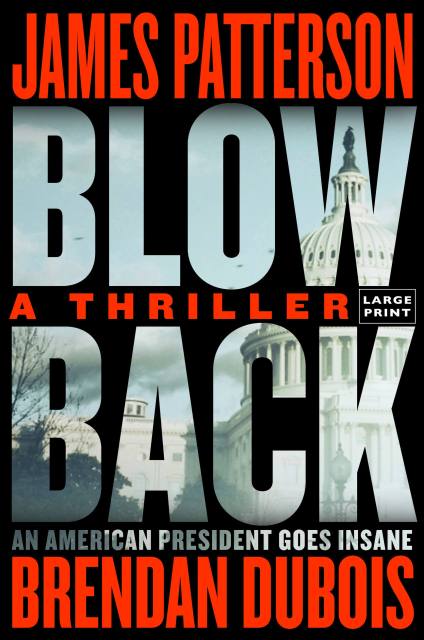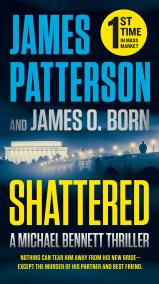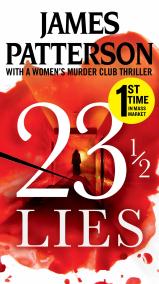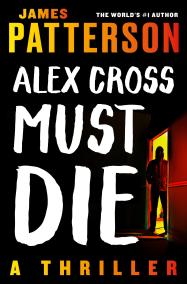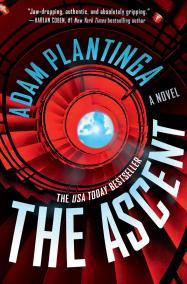Promotion
Sign up for our newsletters save 20% off your next purchase. Shop now.
Blowback
James Patterson's Best Thriller in Years
Contributors
By Brendan DuBois
Formats and Prices
Price
$31.00Price
$40.00 CADFormat
Format:
- Trade Paperback (Large Print) $31.00 $40.00 CAD
- ebook $9.99 $12.99 CAD
- Hardcover $29.00 $37.00 CAD
- Audiobook Download (Unabridged) $31.99
- Trade Paperback $18.99 $23.99 CAD
- Mass Market $10.99 $13.99 CAD
- Audiobook CD (Unabridged) $40.00 $50.00 CAD
This item is a preorder. Your payment method will be charged immediately, and the product is expected to ship on or around September 12, 2022. This date is subject to change due to shipping delays beyond our control.
Also available from:
From the New York Times bestselling author of The President Is Missing, America has elected its most brilliant president ever, but he’s also a psychopath—and about to start a world war with our most dangerous enemy.
US President Keegan Barrett has swept into office on his success as Director of the CIA. Six months into his first term, he devises a clandestine power grab with deadly consequences.
Barrett personally orders CIA agents Liam Grey and Noa Himel to execute his plan, but their loyalties are divided. The CIA serves at the pleasure of the president, yet they’ve sworn to support and defend the Constitution of the United States against all enemies, foreign and domestic.
When the threat comes directly from the Oval Office, that’s where the blowback begins.
“Pure Patterson… Blowback asks us to imagine what would happen if a narcissistic psychopath were elected to the White House [and] to experience the terror of the world hanging in the balance at a moment when only a handful of determined patriots can save us.” –Ron Charles, Washington Post
Genre:
-
“The perfect beach read for political junkies.”Kirkus
- On Sale
- Sep 12, 2022
- Page Count
- 688 pages
- Publisher
- Little, Brown and Company
- ISBN-13
- 9780316473439
By clicking 'Sign Up,' I acknowledge that I have read and agree to Hachette Book Group’s Privacy Policy and Terms of Use
